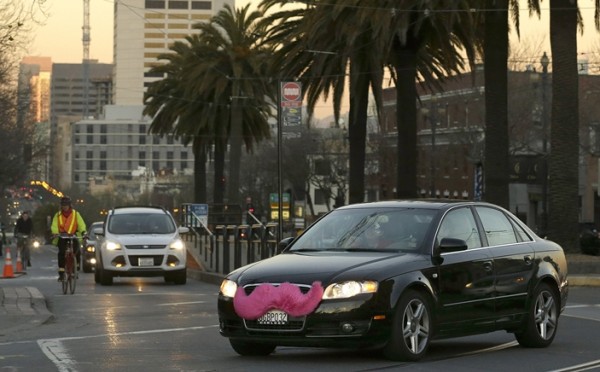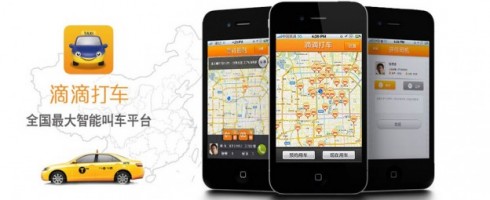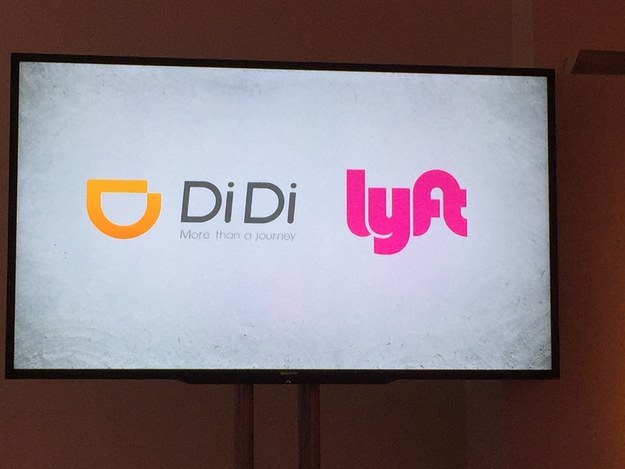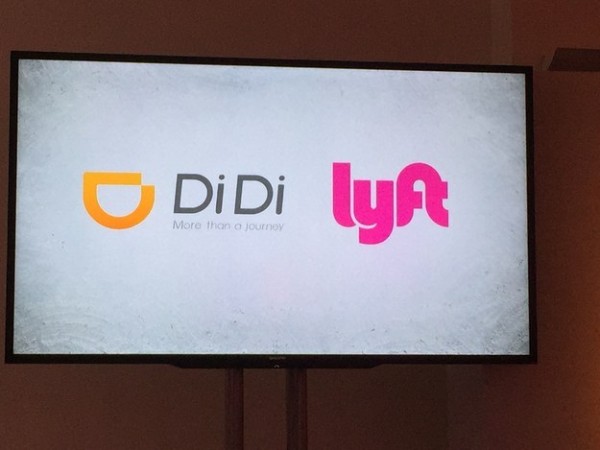Lyft, Uber’s largest competitor in the US, has announced that it has partnered with China’s burgeoning ride-hailing app, Didi Kuaidi, to link their apps and allow them to work in their respective countries. Both companies are also said to be ready to form an alliance with more ride-hailing apps, including South-East Asia’s GrabCar and India’s Ola.
Uber’s prolific global expansion has seen its services available in 60 countries, showing no signs of abating. Its strategy of going for the middle-class consumer frustrated at local taxis has proven to be wildly successful, garnering plenty of support even if its services tread on a grey area of the law. More importantly, its huge financial backing – Uber is valued at a cool $51 billion – has seen it easily outmuscle the competition with frequent discount codes and sign up offers.
 Lyft cars traditionally have a pink “lip” to identify itself. (Image: Lyft)
Lyft cars traditionally have a pink “lip” to identify itself. (Image: Lyft)
Yesterday, Uber’s competitors mounted the first step of what will be a compelling fightback. Didi Kuaidi, heavily backed by China’s Alibaba and Tencent Holdings, and Lyft’s partnership will allow a Lyft user to use the app to hail a Didi Kuaidi ride while they are in China, and vice versa for Chinese Didi Kuaidi users visiting the US. What’s really important here is in the ease of use: there is no need for users to use a different app when they are abroad, and charges are billed in the user’s native currency; Lyft and Didi Kuaidi will handle the transactions in the backend.
The new app that supports this feature will reportedly be available from early next year, and both companies are also mulling introducing a feature that lets Lyft users hail an English-speaking driver while in China.
On top of that, Didi Kuaidi – valued at $16 billion after a fresh round of funding that saw it backed by another $3 billion – will be investing $100 million into Lyft. The partnership ceremony was also saw attendees such as billionaire investor Carl Icahn and Alibaba’s US investments head, Michael Zeisser.
 Didi Kuaidi was the result of a merger between two rival taxi apps in China earlier this year. (Image: Technews.co)
Didi Kuaidi was the result of a merger between two rival taxi apps in China earlier this year. (Image: Technews.co)
The partnership is also said to be the first of a much larger planned alliance: the WSJ reports that talks are underway with other major ride-sharing apps including India’s Ola (valued at $5 billion) and South-East Asia’s GrabCar, of which Didi Kuaidi recently invested in. It appears the old adage “the enemy of my enemy is my friend” rings very strongly in this case.
With somewhat weaker governance and red tape, Asia has become a huge pool of opportunity for companies disrupting the status quo. And with taxi systems in most Asian cities still administered by traditional hierarchies that rarely benefits the drivers, the region is ripe for disruption both for taxi drivers and passengers. Uber’s popularity has largely proved that there is a strong demand for high-quality on-demand transportation services, and this global alliance of Uber competitors will only accelerate innovation in what has been a traditional industry.
At least, if governing bodies don’t intervene.



